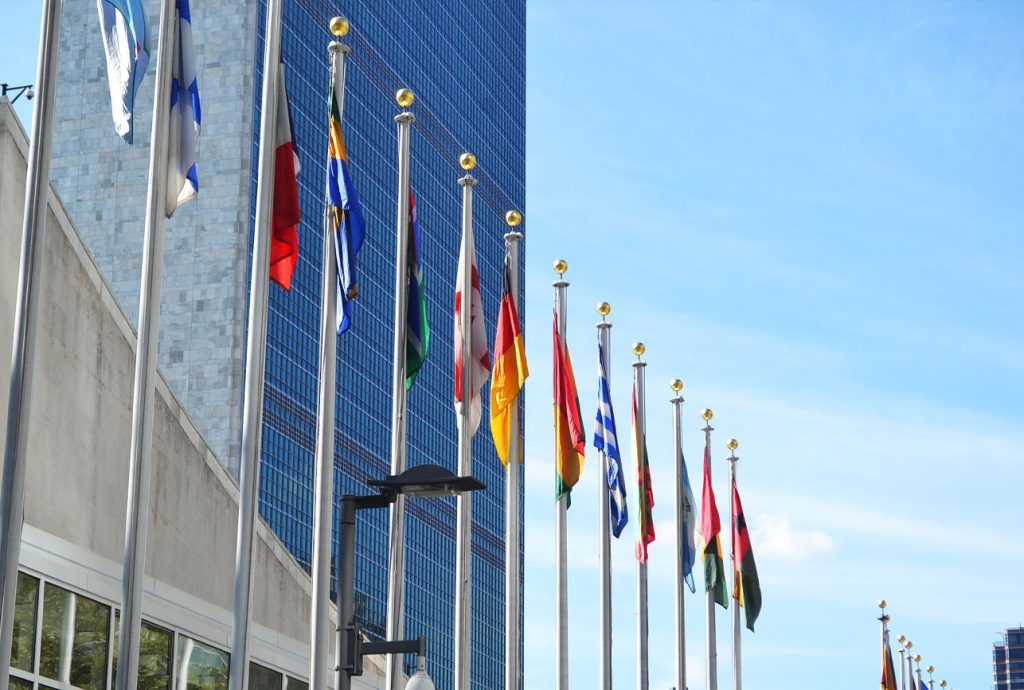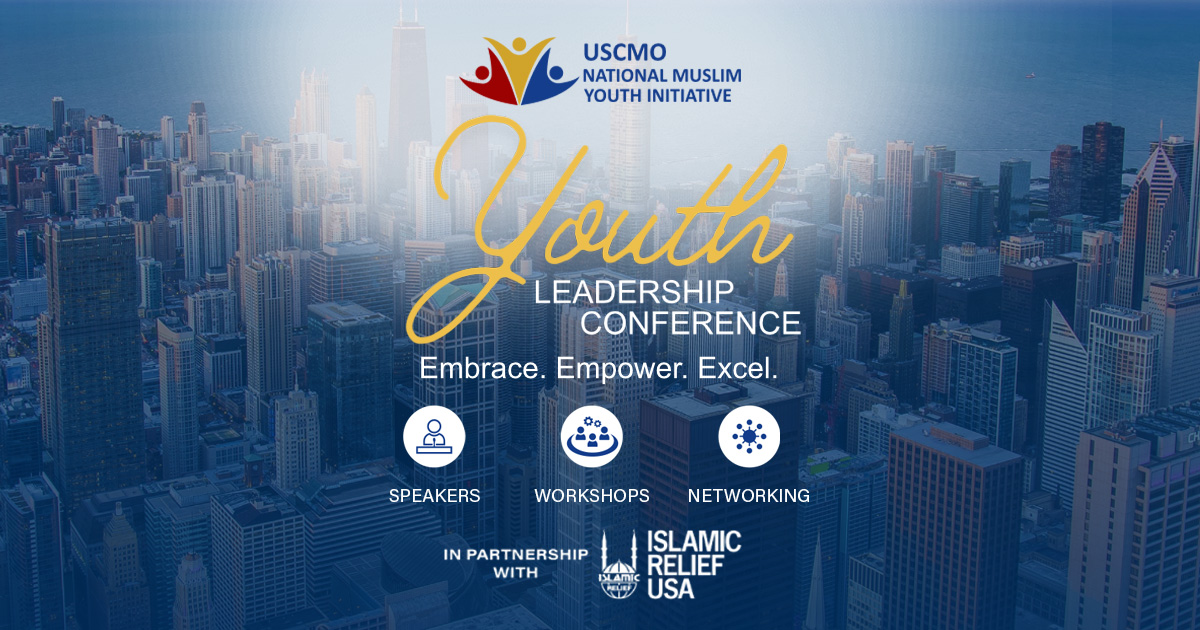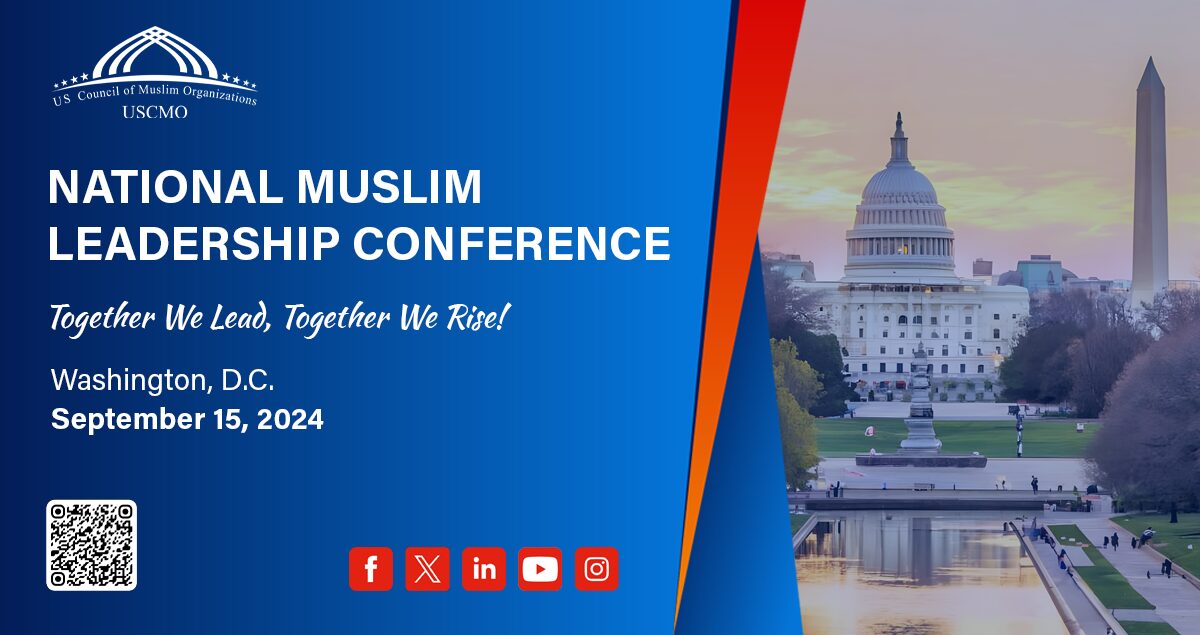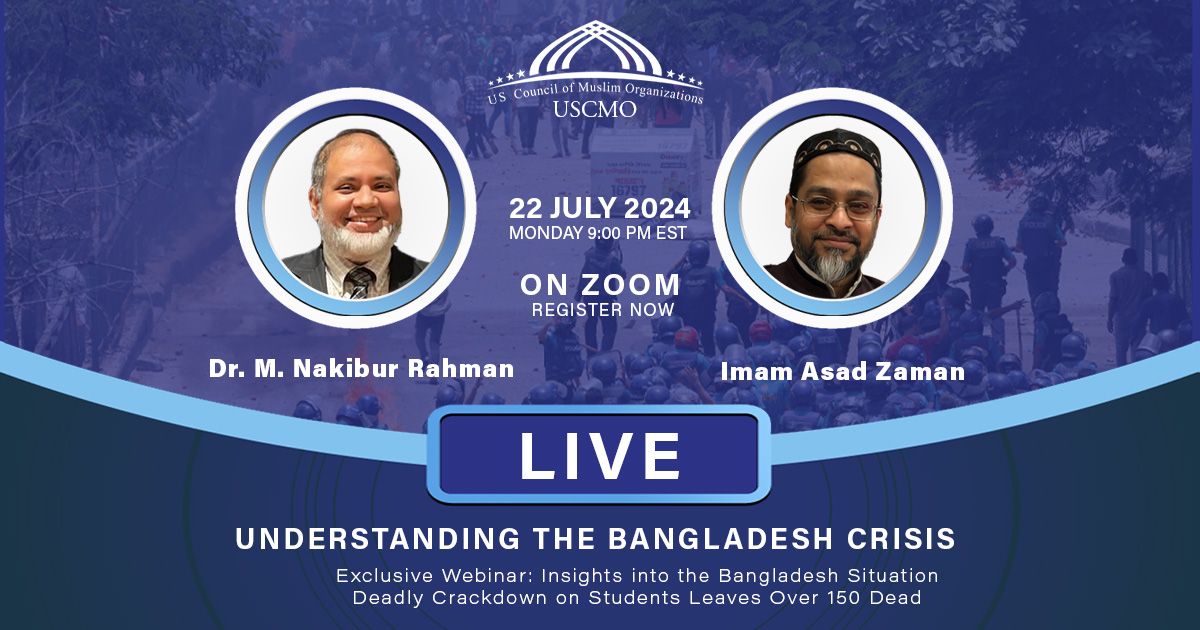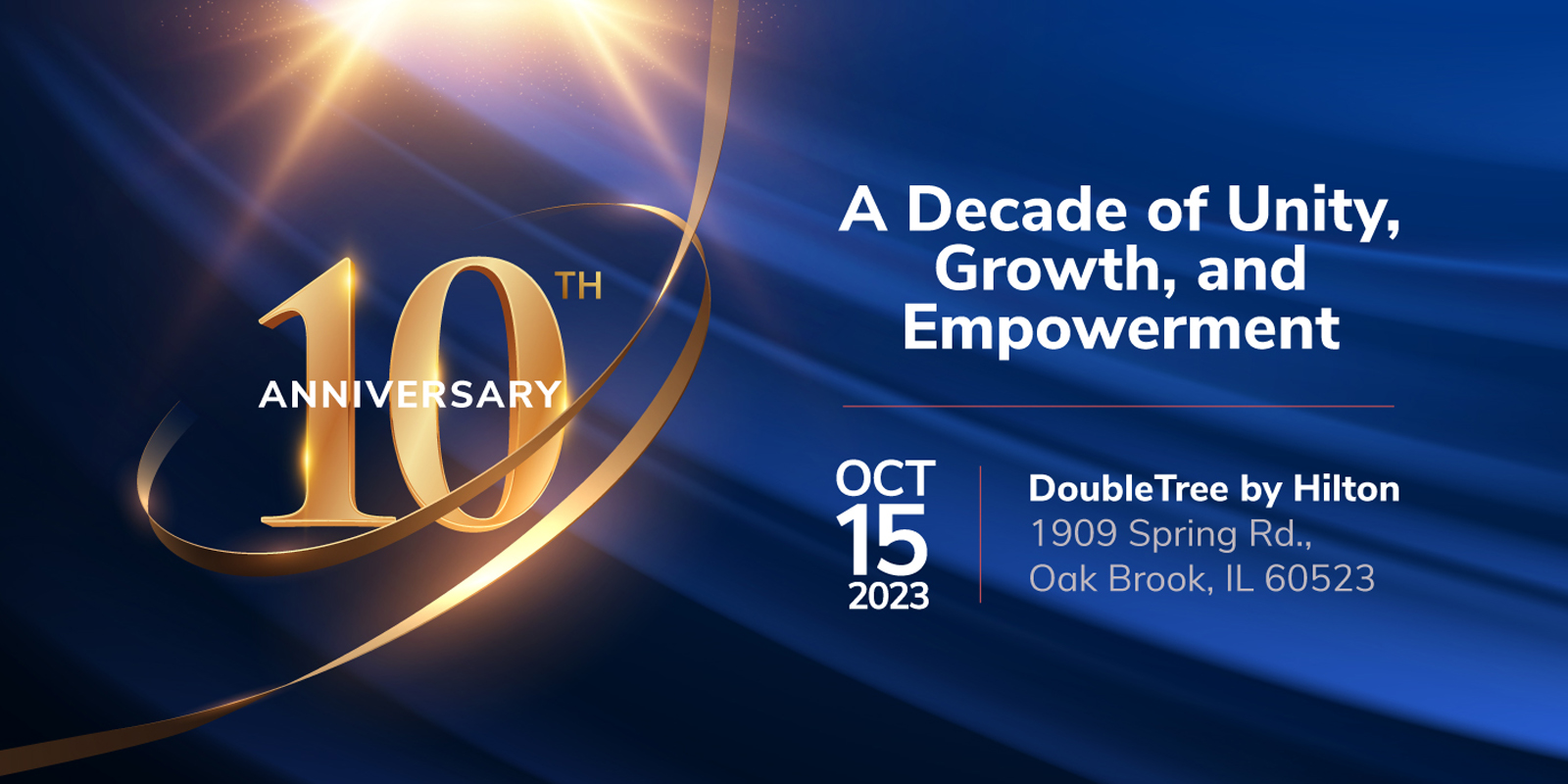(Washington D.C.; 7/16/ 2023) – The US Council of Muslim Organizations has endorsed the far-reaching Maastricht Principles on the Human Rights of Future Generations in international law, introduced at the opening of the 77th United Nations General Assembly this week. The Principles establish that states and other corporate entities have economic, social, and cultural obligations that are not limited by time and can be exercised by our great, great, great-grandchildren without expiration.
“This is momentous good news for all who suffer from religious, ethnic, racial, gender, and environmental discrimination, persecution, and injustice,” said Oussama Jammal, secretary general of USCMO, the largest umbrella group for Muslim organizations in the U.S.
“It means that if we don’t find avenues of access to our God-given legal rights in our generation, then our rights will not expire and our descendants can invoke them in domestic and international courts and recover our rights and theirs into the future.”
The Principles are based on a six-year study by more than 60 experts on human rights, international law, and related areas, combing through a hundred years of documents as provided for in the constitutions and laws of most world states; the laws, traditions, and beliefs about creation of indigenous peoples on every continent; and the doctrines of every major faith-community representing most of humanity.
“It means people like those in Gaza, Kashmir, American Indians, the Inuit and Sami peoples of Canada and the polar regions, and the Uighurs – their persecution and the violation of their human rights have no legal shelf-life,” Jammal said.
The Principles are named after the Netherlands’ largest city, where the scholars and experts convened in 2017 to begin their exhaustive six-year study.
The UN’s July 13 launch of these Principles is particularly empowering for the world’s children, according to Human Rights and international law experts, who note that a growing number of landmark lawsuits in world courts are being introduced by youth.
Indeed, the Center for International Environmental Law (CIEL) says it “expects the Principles to be used by States and courts, including in submissions to the International Court of Justice, and to shape the application of human rights law to better protect future generations.”
There has been a rising tide of such watershed legal cases introduced in courts worldwide regarding the human rights of future generations, especially climate-change cases, which the Principles will undoubtedly influence the outcomes of, based on the transformative effects of like efforts in the past, like the similarly constructed 2011 Maastricht Principles on Extraterritorial Obligations of States.
###

